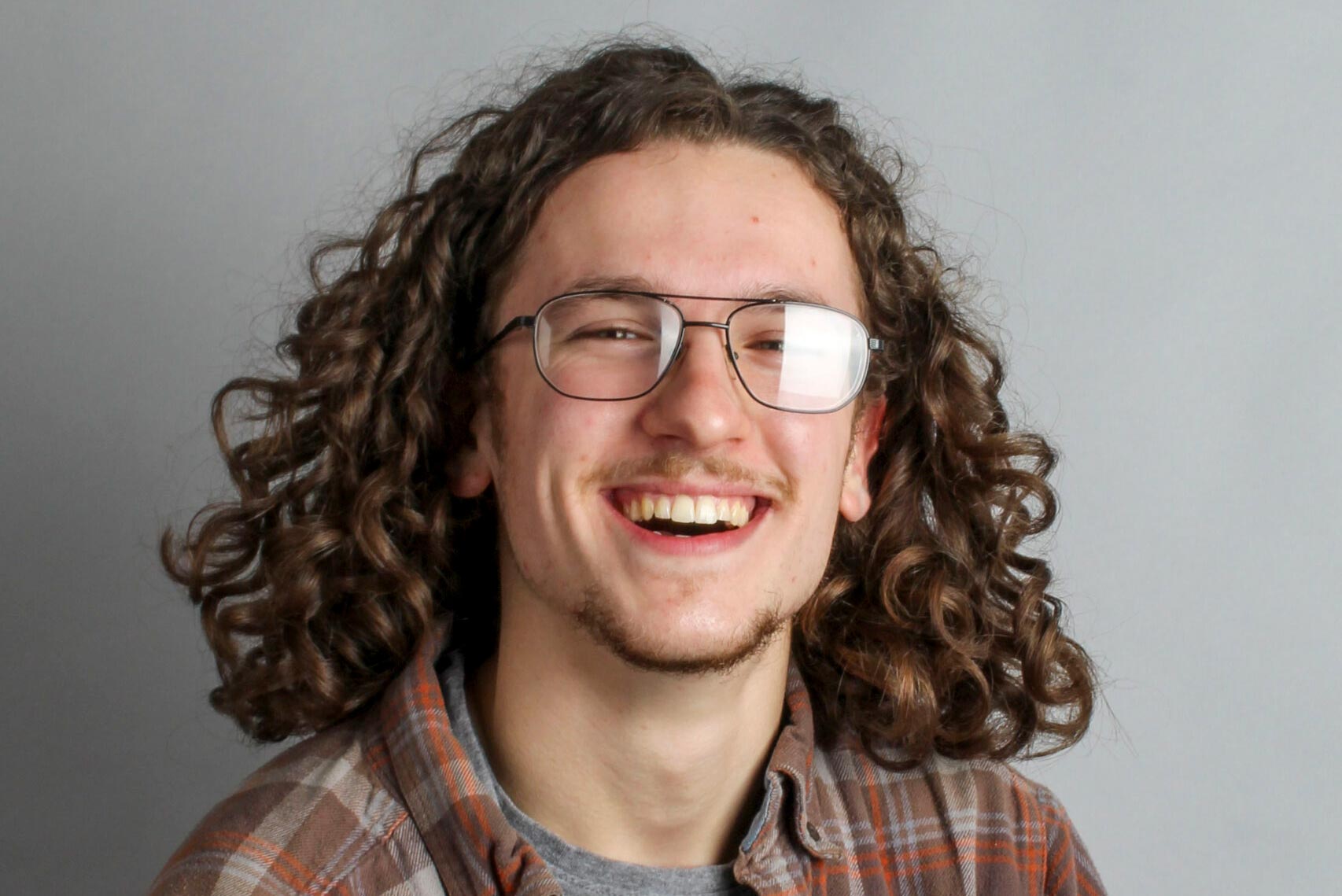This past Thursday, I bled a lot. It was my second time ever doing it, but the nerves were still present. I walked past the Red Cross logo and stated my name, beginning the check-in process to start my donation at the blood bank.
While I was being screened, I was asked if I wanted to give the Power Red donation, which involves giving double the blood. However, only your red blood cells are taken and the rest of the stuff is pumped back into your body.All this to say, after 20 minutes of blood pumping, a near fainting experience and two bags filled with my own red sticky, I was pretty joshed.
After taking my complimentary snacks of Nutter Butters and trail mix, I headed for my 2 p.m. class that I was already late for.
Usually when I’m late for a class, I make an effort to at least walk a little faster, but this time that was a no-go. Not because I was lazy, but purely from exhaustion. Losing the blood equivalent of a tall can of Pepsi really takes it out of you.
This should have annoyed me.
I couldn’t be as “productive” as I wanted to be. I was moving slower and every task, even going up the stairs of the Visual Arts building to my class, was a struggle.
But, instead, it was freeing. There was something about being physically forced to slow down that felt so good. My only option was to be completely focused on my tired body. I couldn’t go faster even if I wanted to.
Being a fourth year (or just a college student, for that matter) is a constant state of being focused on the next task at hand. Even as I’m working on this article, my brain is flitting back and forth between the other tasks that I want to get done today.
But after giving blood, there was no room in my brain to worry about my upcoming senior art show (which opens April 6, by the way), my multiple papers due or even the looming unstructured, post-college future.
My goal in the future is to have this mindset of contemplativeness all the time. But how do we slow down?
The best I can do is give the advice of someone else.
Recently, I was listening to the podcast “On Being” when the host, Krista Tippett, interviewed Father Richard Rohr, a Franciscan teacher and writer.
He had this to say:
“To be a contemplative is to learn to trust deep time and to learn how to rest there and not be wrapped up in chronological time. Because what you’ve learned, especially by my age, is that all of it passes away. The things that you’re so impassioned about when you’re 22 or 42 don’t even mean anything anymore, and yet you got so angry about it or so invested in it.”
It is so easy to get hyper focused on the things we need to get done, especially in the college environment.
I would encourage us all to take a step back. Breathe and soak in the fullness of life you’ve lived. Bask in what is to come. Take a break. That paper you need to write can wait a couple more minutes.



